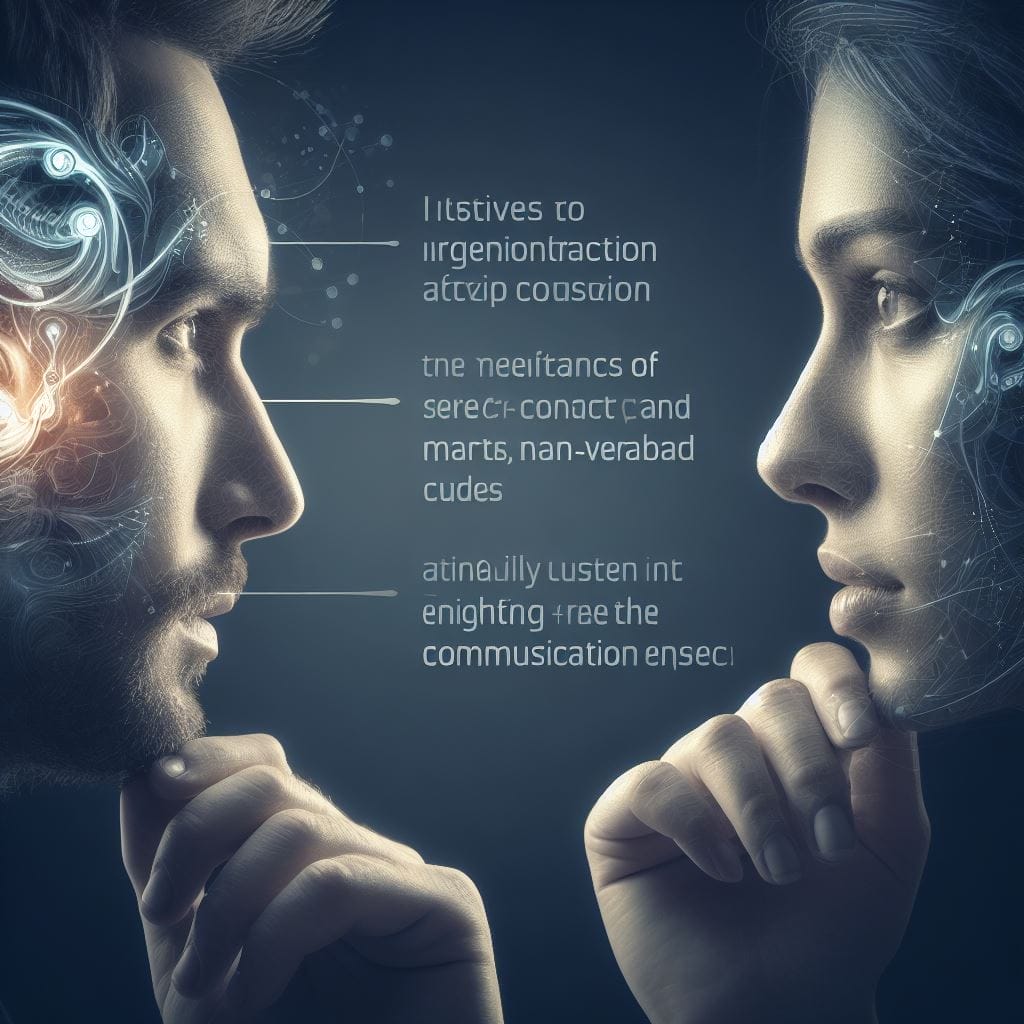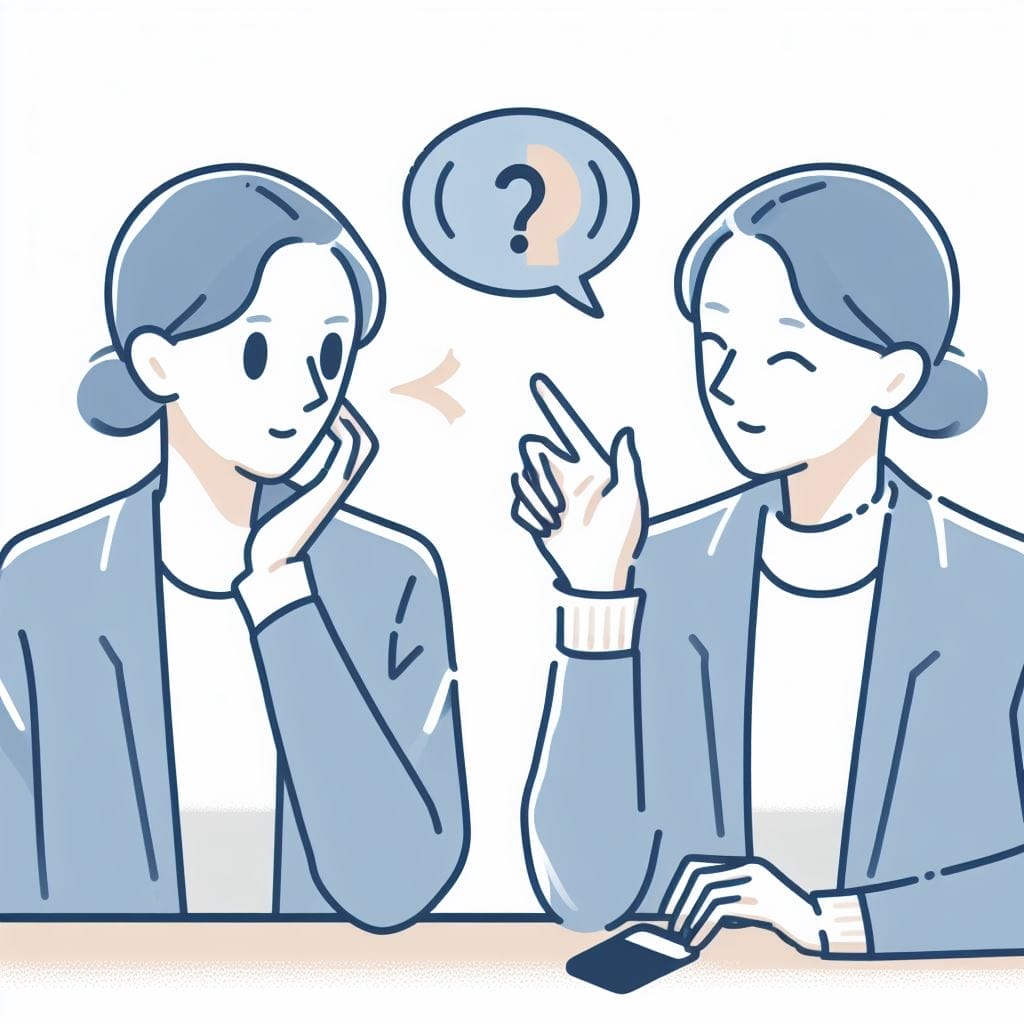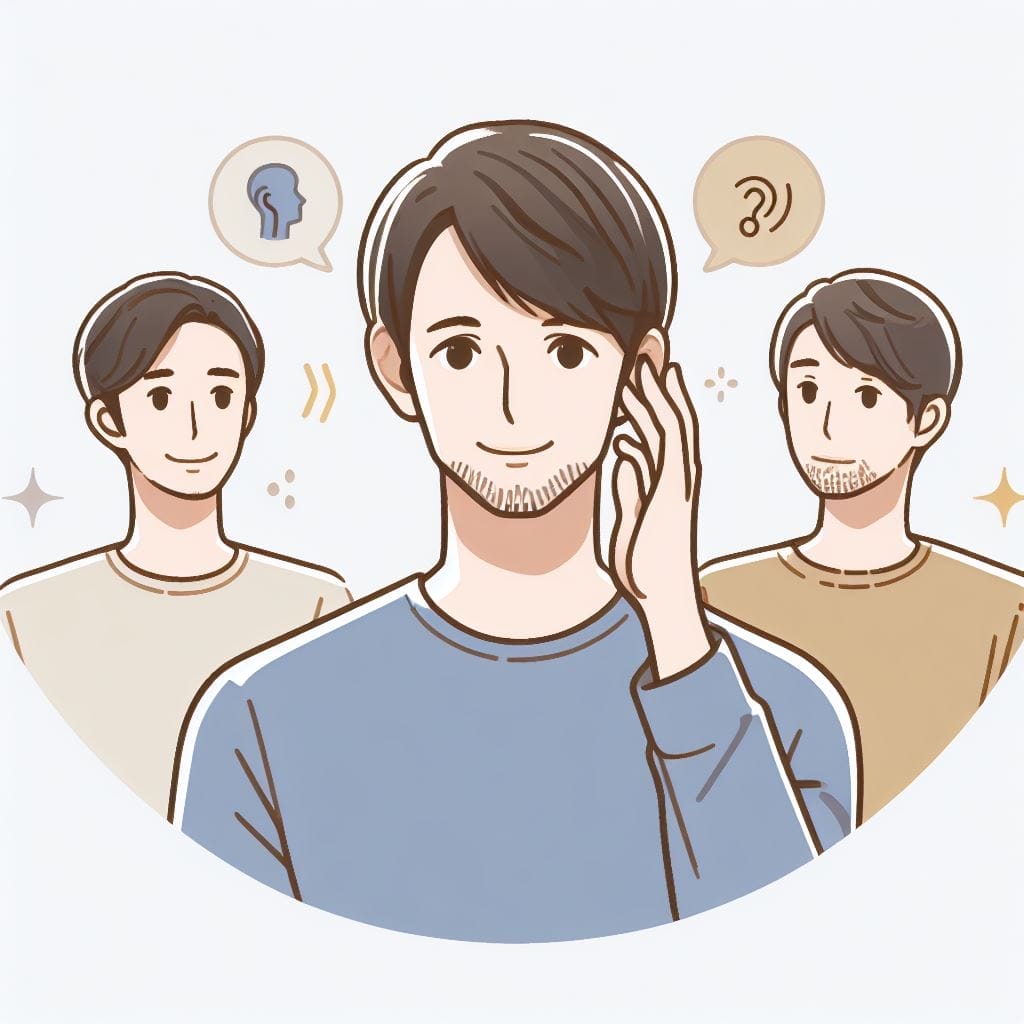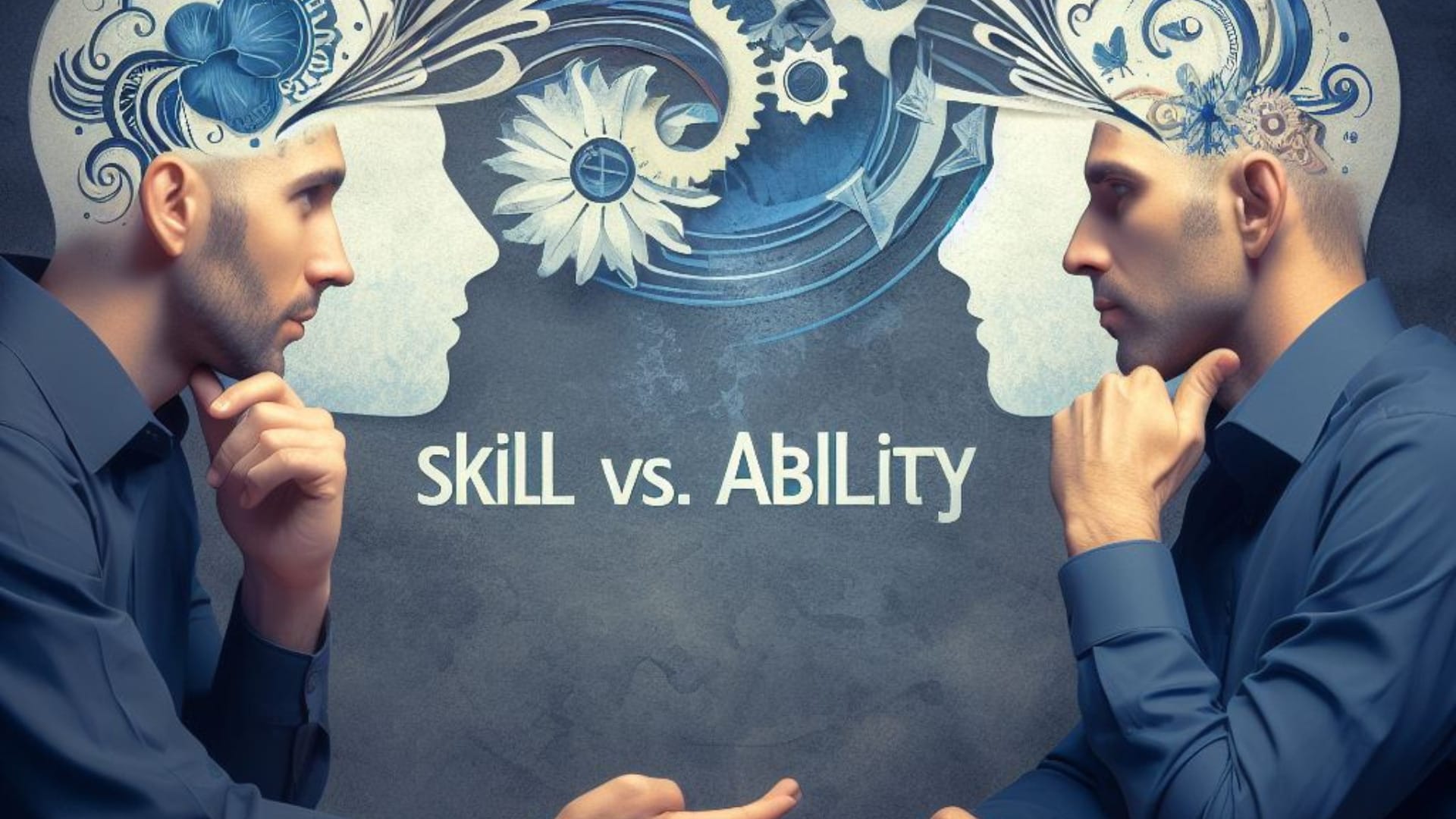Introduction:
In a world abuzz with chatter, one often overlooked yet indispensable skill stands at the very core of effective communication: active listening. Indeed, active listening goes beyond mere hearing as an essential component of communication that turns passive spectators into dialog partners. So today in this guide you will learn ‘Is active listening a skill or ability?
Like piano in skillful conductors’ hands, active listening consists of the ears, understanding, and heart. It’s the magic that unfolds when the speaker feels heard, truly heard. In the symphony of human interaction, active listening calls for more than just the capacity to nod, hold eye touch, and grasp the nuances of body language. It’s approximately being a lively listener, a professional communicator who can gracefully paraphrase thoughts, ask questions that inspire the speaker, and display the right combo of verbal and non-verbal cues.
Join us on a journey through the intricate landscape of energetic listening, where we delve into the dynamic interplay of lively listening skills, its function in struggling decisions, and the pivotal function it plays in fostering effective communication. As we discover the depths of this art, we’ll uncover the ongoing debate: Is active listening a talent, an ability, or a harmonious aggregate of both?
So, let’s embark on this exploration, cultivating our full attention and understanding the significance of facial expressions and non-verbal cues, to master the art of active listening for the betterment of personal and professional contexts.
Key Takeaways:
After journeying through our exploration of active listening, readers will emerge equipped with the following valuable insights and skills:
- Understanding Active Listening: Readers will gain a profound comprehension of what lively listening means, spotting it as a pivotal communication ability that goes past passive listening.
- Active Listening Techniques: Through our weblog, readers will gain an intensive draw close to the various lively listening techniques, including keeping eye contact, the usage of proper frame language, and interacting with others through each verbal and nonverbal symptom.
- Effective Communication: Equipped with the expertise and use of lively listening, readers will improve their potential for productive talk. They’ll discover a way to make others feel heard and valued in conversations.
- Conflict Resolution: Active listening performs a critical role in struggle decisions. It will be an invaluable tool in each personal and expert setting as our readers will find a way to observe their newly received abilities to lead amicable and productive conversations.
- Skill vs. Ability Debate: Readers can even advantage of the expertise of the cutting-edge argument over whether or not attentive listening is a skill, an innate flair, or a mixture of the two. This essential angle lets in for a deeper appreciation of the art of listening.
In essence, our blog equips readers with the equipment and expertise to emerge as no longer just active listeners, but professional communicators who can navigate the complexities of human interaction with grace and efficacy. By getting to know the artwork of energetic listening, they’ll find themselves highly organized to forge stronger private and expert relationships and make contributions definitely to their respective communities and environments.

Being Aware of Active Listening Techniques
I. Outlining the Skill of Active Listening
A. What is Active Listening?
Active listening is more than simply hearing phrases; it’s about understanding what a person is announcing and showing that you’re fully engaged in the conversation. It’s a talent that may be evolved similarly to enhance communication. To interact in active listening, one needs to have the ability
B. Key Components of Active Listening Skills
Active listening accommodates several crucial components, every playing a massive role in its effectiveness.
- Verbal and Non-Verbal Communication Skills: Effective communication isn’t limited to words alone. Facial expressions, gestures, and tone of voice are all crucial nonverbal indicators. A simple nod or reassuring grin can show your awareness rather effectively.
- Eye Contact and Body Language: Maintaining appropriate eye contact and open frame language indicators which you’re giving the speaker your undivided attention. It encourages them to open up and specific themselves.
- Paraphrasing and Nodding to Show Engagement: Paraphrasing what the speaker stated demonstrates your active involvement. An easy “So, if I recognize effectively…” can show that you’re now not simply listening to but processing their words.
- Asking Relevant Questions to Encourage Conversation: Thoughtful questions can’t only clarify factors but also encourage the speaker to percentage greater. It’s a sign of your eagerness to apprehend them.
- Displaying Positive Facial Expressions and Non-Verbal Cues: A nod, a smile, or even a raised eyebrow can deliver consolation and importance to the speaker. A powerful discussion may begin or persevere with the aid of your nonverbal clues.
Active Listening as an Ability
A Dissecting the Idea of Active Listening as a Natural Skill
While lively listening may be cultivated as a skill, it’s crucial to understand that it’s also a natural ability. Some individuals are certainly greater attuned to it, while others can also want to work on developing this skill.
B. How Personality and Temperament Affect Active Listening
Your temperament and personality can significantly influence your active listening ability. Active listening may be a simpler way for an outgoing and empathetic person to connect with others, whereas introverted people may need to put in more work.
C. Evaluating Whether Active Listening Can Be Learned or Acquired
The age-antique debate of nature as opposed to nurture applies to lively listening. While some may have an inherent knack for it, everybody can learn and improve their energetic listening abilities. It’s a talent set that may be cultivated, honed, and first-class-tuned through the years.
The Advantages of Paying Attention
Recognizing the blessings of attentive listening is vital to realizing its importance in our everyday lives.
- Improving Your Communication: Active listening is a talent that improves conversation. A greater degree of connection with the speaker allows for the development of trust and understanding.
- Enhancing Interpersonal Skills: You may hear the words more clearly when you actively listen, as well as the feelings and unsaid ideas that go along with them. It’s a powerful tool for building meaningful relationships.
- Contributing to Workplace Success: Active listening may make all the difference in a professional situation. It can result in stepped forward hassle-solving, teamwork, and trendy process pride.
- Empathic Listening: The foundation of energetic listening is empathy. When you practice it, you show unconditional positive regard, just as noted by Carl Rogers and Richard Farson.
- Retaining Information: Active listening isn’t just about hearing; it’s about retaining the information. This makes it easier to find solutions to problems and contribute meaningfully to discussions.
Techniques for Effective Active Listening
To become a better listener, you must employ techniques like:
- Paying close attention to what someone is saying.
- Nodding your head to encourage them to continue.
- Make eye contact to connect with the speaker.
- Asking questions that show your interest.
- Retaining the information and using it to help others.
- Use both verbal and non-verbal messages to convey your attentiveness.

Using Active Listening to Its Full Potential in Effective Communication
The Power of Active Listening to Spark Effective Communication
What Makes Active Listening Essential
Active listening isn’t a trifling passive act; it’s an energetic engagement with the individual speaking. It includes giving your undivided interest, the use of non-verbal cues like eye contact and appropriate body language, and asking applicable inquiries to understand what they’re saying.
The Relationship Between Sensing Heard and Active Listening
One of the essential needs of every individual is to be heard and understood. Active listening allows you to hear the feelings underlying the phrases further to the words themselves. This promotes the creation of a sympathetic and comfortable environment wherein human beings can also explicit themselves without traumatic approximately being judged.
Active Listening’s Function in Resolving Conflicts
Conflict is an inevitable part of lifestyles, whether in private relationships or the administrative center. Active listening performs a pivotal role in resolving conflicts by permitting events to express their concerns and facilitating a deeper knowledge of every unique perspective. It paves the manner for constructive talk and at the same time useful answers.
The Active Listening Technique
Methods and Approaches for Improving Active Listening Ability
Learning lively listening strategies is like obtaining a treasured superpower. It involves techniques that include paraphrasing, summarizing, and reflecting, which assist you in recognizing, making clear, and validating the speaker’s message. These techniques now not only effectively enhance your comprehension but also display to the speaker that you truly care about what they’re saying.
Developing Complete Focus and Attention to Improve Hearing
In our speedy-paced international, distractions abound. Cultivating full interest and recognition is the bedrock of energetic listening. It calls for placing away your cell phone, turning off notifications, and immersing yourself in the conversation. By doing so, you show respect and undivided attention to the individual speaking.
Self-focus and energetic listening.
It is imperative for the powerful practice of lively listening that one develops self-awareness. It entails spotting your very own biases, assumptions, and emotional reactions that could preclude powerful verbal exchange. By acknowledging and handling these factors, you could become a greater empathic and open-minded listener.
The Harvard Business Review Perspective
The Harvard Business Review has emphasized the significance of active listening in improving workplace dynamics. Their research highlights that active listening not only fosters better collaboration but also enhances leadership skills, making it a critical aspect of professional growth.

Active Listening: Talent, Capacity, or Mixture?
A. Weighing the arguments: Active listening as a skill
What Qualifies as Skillful Active Listening?
Active listening competencies embody a set of strategies you may use to music into the speaker. These techniques necessitate attentiveness, empathy, and an ability to focus. They are more than just hearing words; it’s about decoding the underlying messages being communicated.
Key Points to Remember:
- Active listening seeks to comprehend the message better.
- Some of the approaches that you can apply include inquiring, restatement, and responding.
- Emphasis on one micro skill, such as maintaining eye contact, can significantly enhance your active listening prowess.
Useful Advice to Help You Communicate Better
If you’re aiming to enhance your communication, lively listening competencies are critical. By practicing aware listening and honing empathic listening, you not handiest become a better listener but additionally beautify your capacity to influence others.
Try This:
- Pay interest to the opposite person’s non-verbal cues, like frame language and facial expressions.
- Encourage the speaker to hold by way of nodding or providing verbal cues.
- Use lively listening abilities to show that you’re fully engaged in the communique.
B. Analyzing the opposing viewpoint: Active listening as an ability
The Natural Ability to Listen Actively
Opponents of the “active listening as a skill” argument contend that it’s more about an inherent ability. Some individuals seem naturally gifted in this arena, effortlessly picking up on nuances and subtleties in communication.
The Takeaway:
- The ability to listen actively doesn’t always come from deliberate practice.
- It’s a knack for understanding the unspoken, often hidden in the parts of the message that aren’t explicitly verbalized.
- Certain points may not be taught but acquired through experience and intuition.
Listening as a Gateway to Improvement
Having an herbal capacity to listen actively doesn’t mean that you may not enhance it in addition. Just as you’d refine any skill, you can quality-tune your capacity to concentrate actively and pick up on unstated cues.
Ideas to Consider:
- Even in case you own an herbal capability, there’s continually room for improvement.
- Consider the areas where you excel and the ones you can develop further.
- Remember that listening to others is a continuous learning process.
C. Reconciling the skill vs. ability debate: Active listening as a combination
The Sweet Spot: Skill and Ability Combined
While the discourse continues, there’s merit in the idea that active listening is a blend of skill and ability. Combining the techniques learned with innate sensibility can lead to a potent synergy.
Takeaway:
- Effective active listening requires a balance between learned skills and innate talents.
- By integrating both aspects, you can maximize your potential as a listener.
- This combination can significantly improve your workplace interactions and help you become an influential communicator.
Speaker and Listener: A Harmonious Symbiosis
In this debate, it’s crucial to recognize the symbiotic relationship between the speaker and the listener. One can not exist without the other. Active listening enhances the speaker’s message, making it extra impactful, even as the speaker’s clarity aids the listener in comprehending the message.
Something to Consider:
- The key to successful active listening lies in the dynamic interplay between the speaker and the listener.
- Both sides must play their parts effectively for communication to thrive.
- In this dance of dialogue, active listening is the graceful partner.

FAQs: Is active listening a skill or ability?
What are some frequently asked questions regarding the active listening technique, and how can one practice active listening skills effectively?
Active Listening Technique- what is it all about? How do you become better at being good at active listening or using the technique? Active listening includes paying full attention to what a person is pronouncing in terms of both words and emotions.
It also enables you to research more about what the speaker is announcing, which makes the speaker sense favored. This micro skill should be emphasized to make you become a good communicator and enhance your listening skills.
Can you distinguish between a listening technique and an active listening technique, and why is it crucial to use active listening skills in various communication scenarios?
It is critical to distinguish between a listening method and an active listening technique to become a better communicator. Effective hearing is paying attention to the other person, but active listening goes a step further by attempting to comprehend the messages received and the emotions expressed.
Active listening abilities are vital in a variety of communication situations because they increase your listening and make the speaker feel heard and respected, resulting in improved communication results.
How can individuals improve their listening techniques and enhance their overall communication abilities through the practice of active listening skills?
Individuals can enhance their listening techniques and overall communication abilities by learning the benefits of active listening. To improve your listening, practice active listening skills regularly.
This is listening intently, concentrating on the ideas and emotions being expressed, and making pertinent inquiries to better grasp their point of view. In addition to improving your communication skills, lively listening strengthens bonds with others.
What are a few sensible examples of how specialists can use lively listening capabilities inside the place of business to build more potent relationships and clear up conflicts greater efficaciously?
Practical examples of using active listening skills in the workplace are abundant. Professionals can utilize active listening to help the speaker feel heard and respected, which is crucial for fostering deeper bonds and more skillful dispute resolution.
They must focus on the other person, actively listen, and offer feedback that shows they are committed to comprehending and resolving the speaker’s problems.
Could you share insights into the top frequently asked questions about developing and honing active listening skills, and how can one incorporate these skills into their daily interactions for better communication outcomes?
Developing and honing active listening skills can significantly impact your daily interactions as a better communicator. Active listening makes the other person feel heard and important, which improves your communication skills.
The most common queries concerning active listening center on the particular micro-skills that both the speaker and the listener may employ to increase knowledge, pay attention, and facilitate more productive conversation.
The answers to these issues, which are crucial in the pursuit of improved communication skills, may be found in straightforward yet powerful methods and approaches.
Conclusion: Is active listening a skill or ability?
In the quest to unravel the mystery of active listening, we’ve examined its role as both a skill and an ability, ultimately discovering that it’s a dynamic combination of the two. We’ve explored the techniques that constitute active listening skills and delved into the natural ability to listen actively. Our journey has revealed the beauty of harmonizing skill and ability in the pursuit of effective communication.
Remember These Key Points:
- Active listening is the art of tuning into the unspoken messages behind words.
- It’s about combining learned skills with innate abilities.
- Speakers and listeners are integral partners in this intricate dance of communication.
The significance of active listening cannot be overstated. In personal relationships, it fosters understanding and empathy, leading to stronger connections. In the professional sphere, it enhances collaboration, decision-making, and management. Active listening is a transformative tool that empowers individuals to attach to a deeper stage and acquire common desires.
Ideas to Consider:
- Cultivating lively listening skills can enrich your existence and elevate your career.
- It’s a cornerstone of powerful communication, paving the manner for achievement in numerous domains.
- Whether on your own family, friendships, or place of job, lively listening may be a sport-changer.
As we finish this journey into the sector of active listening, I encourage you, dear reader, to embrace this skill-ability mixture. Make it an integral part of your communication arsenal. Practice it, refine it, and watch as your relationships flourish and your professional endeavors prosper.
Your Call to Action:
- Start today by way of actively paying attention to the ones around you.
- Incorporate energetic listening into your day-by-day interactions, and witness the fine effect it has.
- Be the catalyst for exchange on your communique, and acquire the rewards of becoming an excellent listener.
In an international packed with noise, lively listening is the beacon that publications you towards significant connections and profound expertise. It’s not merely a talent or a capability; it’s the coronary heart and soul of powerful verbal exchange.

Sarah Andrews’ work on relationships is informed by a breadth of experience and a strong interest in human nature. Sarah, who holds a Psychology degree and has a good eye for nuances, delves into the complexity of communication and emotion, delivering insightful insights for readers seeking personal growth and emotional pleasure. Sarah hopes that her empathic approach and insightful suggestions will motivate readers to understand themselves and their relationships better.
